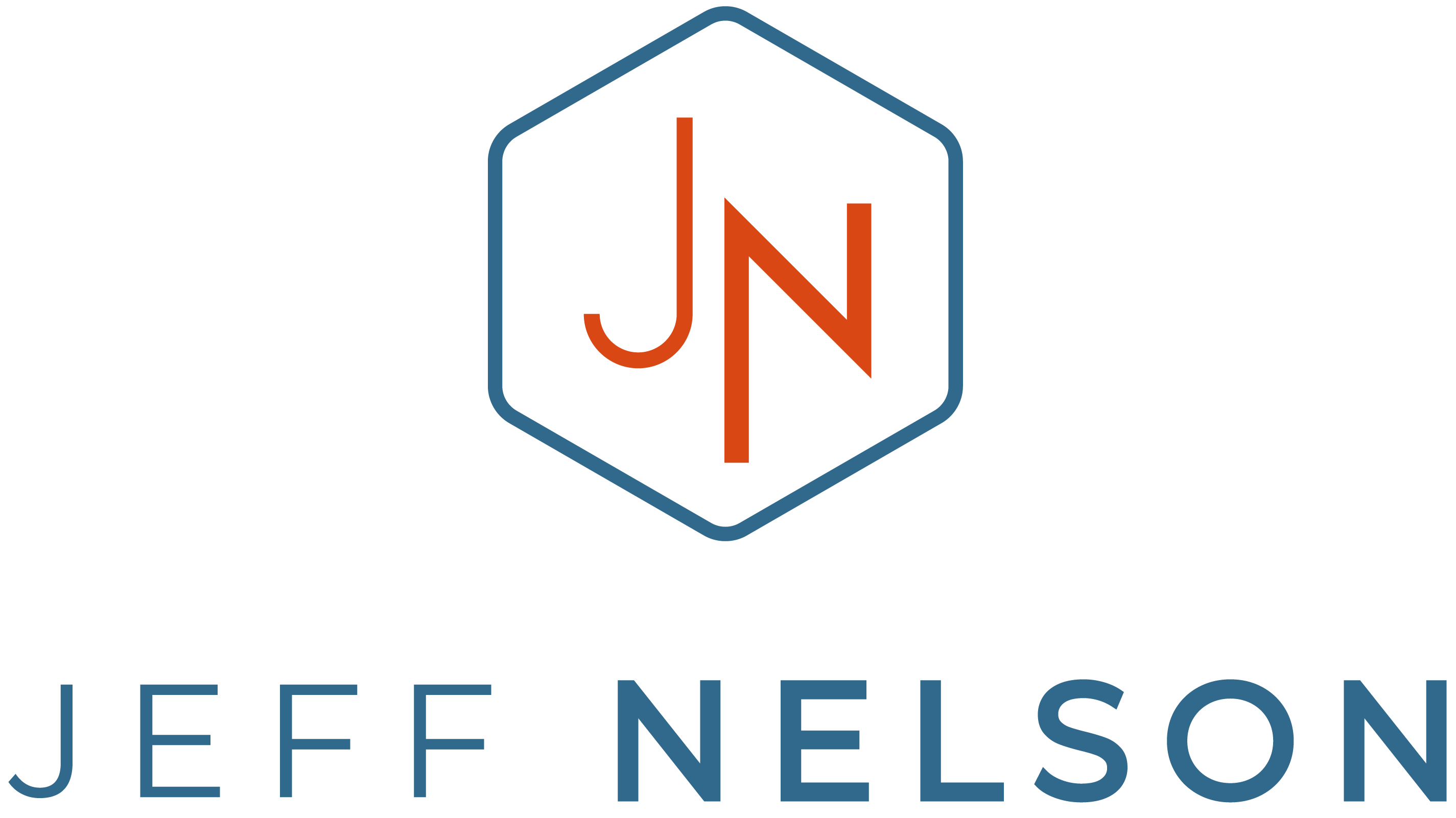Many people might think that cybersecurity for small businesses isn’t necessary since they aren’t as lucrative targets as a major corporation. You’d be wrong! Cybersecurity for small businesses is incredibly important as they have a value that cybercriminals can take advantage of, whether it’s access to the company’s bank accounts, customer lists, or in some cases even customers’ personal information. However, small businesses can protect themselves in a variety of ways that will make most if not all cybercriminals find an easier target. Read on to learn how!
Information technology and broadband are used by small businesses to realize growth. Contrary to popular belief, cybercriminals target small businesses because they are aware that large corporations and government institutions are difficult to infiltrate. It’s important to note that most hackers are opportunists in nature … meaning that they concentrate their effort on the most vulnerable targets. It’s therefore important to implement the right cybersecurity for small businesses solutions to protect your data.
Not all is gloomy though. Implementing even the most rudimentary security solutions can keep cybercriminals at bay. Most hackers will move on to the next target when they encounter challenges gaining access to your data or information they are after. Over the years as technology has continued to evolve, cybercriminals have changed their tactics to catch small businesses off guard.
Table of Contents:
What’s at Risk?: Cybersecurity for Small Businesses
Cybersecurity for Small Businesses: What Are the Effects of a Cyber Attack?
What are the Most Common Cyber Attacks to Small Businesses?
Set up a Two-factor authentication
Cybersecurity for Small Businesses: Implement a Cyber Plan:
Create a Backup for Data and Files
Have Safeguards Against Phishing
Make Your Employees Cyber Security Warriors
Create a Mobile Device Action Plan
Limit Physical Access and Create Passwords for each Employee
Cybersecurity for Small Businesses: Cyber Security Insurance
Observe Best Practices When Using Credit Cards
Cybersecurity for Small Businesses: Cloud Security
Ensure Third Party Partners are also Secure
Make Regular Patching and Updates
Cybersecurity for Small Businesses: What to Look for in a Cyber Security Company
Cybersecurity for Small Businesses: Avoid the allure of cheap services
Cyber Security for Small Businesses: Making the Investment
In light of this, it’s recommended to keep up with the latest cyber defense strategies. Here are some practices and data privacy strategies every small business should implement:
What’s at Risk?: Cybersecurity for Small Businesses
A cyber attack can affect all aspects of an organization such as the IT infrastructure, financial resources, and vital information. If successful, a cybercriminal can have access to:
- Client information
- Personal information such as credit cards
- Company’s bank details
- Pricing structure
- Inventory information
- Prototypes
- Expansion plans
- Manufacturing processes
Cybersecurity for Small Businesses: What Are the Effects of a Cyber Attack?
A cyber-attack can lead to serious consequences including the closure of a business. Here are other consequences of a cyber-attack:
- Loss of finances as a result of access to banking information
- Loss of business
- High labor costs to get rid of the effects of the hack
- Loss of reputation as a result of compromising client information
What are the Most Common Cyber Attacks to Small Businesses?
Here are the top 5 cybersecurity for small business threats:
1. Phishing Attacks
They are the biggest cyber security for small businesses threats and account for 90% of all breaches within organizations. They take place when an authorized person pretends to be a trusted person within an organization and entices the user to download a file or follow a link that gives them access to information.
Over the years, cybercriminals are continuing to use advanced tactics such as acquiring email login details and getting information from the victim’s contacts. Phishing is one of the most damaging forms of cyber attacks because they are difficult to deal with because they use social engineering.
2. Malware attacks
It encompasses different types of attacks but all of which use malicious code that aims to destroy the information or gain access to another computer to steal vital information. Malware attacks can lead to the closure of small businesses because they tend to destroy networking and computing devices.
3. Ransomware
Ransomware attacks have gained traction over the years because they are most lucrative. It happens when a cybercriminal gains access to a company’s data, encrypts it, and then asks for compensation to decrypt the data.
Ransomware leaves small businesses with a tough choice to make both of which have dire consequences. They can choose to pay and have their data decrypted and there’s no sure way to guarantee this will happen. They can also decide not to pay which will mean they won’t have access to vital data.
4. Weak Passwords
Weak passwords also increase the risk of small businesses suffering from cyber attacks. Most small businesses store their data on the cloud and if they use weak passwords which are easy to guess, it can result in vital information landing in the wrong hands.
5. Insider Threats
Sometimes the enemy can come from within the organization. An insider threat can be a result of an employee or a former employee’s action such as leaving a computing device unattended. Such a threat can have dire consequences such as financial losses, the proliferation of information, and even the closure of small businesses.
Invest in a Password Manager
A password that’s hard to guess should be long and contain a combination of letters, numbers, and special characters such as @. Password managers such as that in Google chrome and LastPass are a good way to store your passwords without writing them down.
Set up a Two-factor Authentication
Setting up two-factor authentication gives you an extra layer of security in case someone has access to your password. It guarantees the security of your data. It works by sending you a prompt to your mobile device in form of a code that you can input to proceed with the login.
Create Strong Passwords
Most people often make the mistake of using their personal information such as their date of birth or simple passwords that are easy to remember such as four zeros. This makes them vulnerable to hackers because these are some of the passwords they’ll try out. As stated earlier, a strong password should use a combination of letters and numbers, special letters, uppercase, and lowercase letters.
Cybersecurity for Small Businesses: Implement a Cyber Plan
It’s often said that planning to fail is planning to fail. The same case applies to cyber security. Having a cyber plan in place ensures you are adequately prepared if you were hacked. The cyber plan should be comprehensive and involve all employees in the organization and should be done regularly as opposed to being a one-time thing.
The plan should specify where and how data is stored, which employees have access to what data, how regular backups are done and where they are stored, and when to involve law enforcement.
Create a Backup for Data and Files
The belief that small businesses are not prone to cyber-attacks should be ignored. Creating automatic and regular data backups is the best way to ensure you don’t lose vital information. You should also ensure you update your software as soon as there’s a new security patch to reduce the risks of being hacked.
Secure Wireless Connections
Most small organizations use WIFI to access the internet. It’s important to educate your employees about the dangers of connecting to public WIFI despite the benefit they have of saving on data. If you have to use public WIFI, you should consider using a VPN that hides your IP address which makes you less prone to cybercriminals.
Have Safeguards Against Phishing
Educate employees about what phishing is and how to identify when someone is impersonating anyone within the organization. Advise them not to share personal information such as credit card information or buying something that’s against the organization’s policies.
Make Your Employees Cyber Security Warriors
It’s important to understand that the most valuable resources are not the physical assets such as computing devices and the premises but rather your employees. They can mean the success or failure of your cyber security for small businesses’ policies and plans.
The more you involve them when implementing cyber security strategies, the more likely they are to support and ensure its success.
Create a Mobile Device Action Plan
Most small businesses have embraced the use of mobile devices because they enhance communication within and outside the organization. However, they make small businesses more prone to hacking especially if they contain personal information.
Some of the best approaches include requiring mobile users to set passwords, encrypting data, and avoiding storing personal information therein. It may also help to install various software such as an antivirus and a VPN, especially when using public WIFI.
Limit Physical Access and Create Passwords for Each Employee
Limiting access to your computing and networking devices can make you less prone to hacking. Portable devices such as laptops are easy targets for theft and when this happens, it can lead to compromise of important data.
When not in use, it’s important to lock the devices in a secure location. Moreover, each employee should have their unique passwords and privileges should only be given to trusted IT staff and key personnel.
Turn on your Spam Filters
Using spam features helps reduce the amount of spam and phishing emails which are one of the ways that cybercriminals use to launch an attack on your computing device. If you suspect you’ve received a malicious email, it’s best to delete it. A spam filter ensures you don’t open emails that pose a security threat.
Cybersecurity for Small Businesses: Cyber Security Insurance
Most small businesses insure themselves against all other risks such as fire and financial losses and forget to take insurance cover against cyber attacks. A cyber attack can leave long-lasting effects and having cyber security insurance will help you get back on track in no time.
Observe Best Practices When Using Credit Cards
It’s important to create a good working relationship with credit card issuers and or banks to ensure you maintain the recommended practices when using your credit cards. It also makes it easy for them to communicate any irregular card usage which may be an indication that an authorized has access to your credit card.
Cybersecurity for Small Businesses: Cloud Security
Small businesses are turning more and more to cloud technology to store their valuable information and run various applications. While most cloud infrastructures have similar features, some are more secure than others. It’s therefore important to identify one that is most secure with in-built security features to ensure you don’t compromise on the security of your data.
Ensure Third Party Partners are also Secure
A hack may not necessarily come from your end but maybe as a result of a compromise from a third party. For example, if a hacker accesses your information from a third party, they may leverage this information to gain access to your data.
Avoid Free Antivirus Software
While there are many free antivirus software, most of them aren’t as effective. If you want to save on costs, cyber security isn’t the best area because it may mean the success or failure of your small business.
Make Regular Patching and Updates
Making regular patches and updates reduces the risks that come as a result of outdated software. Sometimes small businesses lack the resources of time and money to keep their software updated but it’s important to note that failure to do so can result in loss of vital information.
One of the best approaches to ensuring cybersecurity for small businesses is taking cyber security in layers for more risk management. Small businesses should consider investing in firewalls, email filtering, antivirus software, and two-step authentication.
Don’t Mix Work and Pleasure
As much as possible, try to avoid using the same computing device at home and work. If you have to, avoid storing sensitive information with a device that you share with your loved ones.
Have a Response Strategy
It’s not uncommon for a cyber-attack to happen despite having the right strategies to protect yourself. It’s therefore recommended to plan for the worst-case scenario which helps you to rise from the ashes and bounce back. The best approach is putting in place a response team and doing test runs regularly.
Cybersecurity for Small Businesses: What to Look for in a Cyber Security Company
If you’re considering outsourcing your cyber security needs to a company but don’t know where to begin, you should look out for the following things:
Independent Reviews and Tests
Most companies nowadays pay to have positive reviews. Reputable cyber security companies aren’t afraid of real reviews and aren’t afraid to share the results.
Cybersecurity for Small Businesses: Avoid the Allure of Cheap Services
You don’t want to deal with a company that offers cheap services. Instead, go for a company that offers comprehensive cybersecurity services including regular maintenance and updates.
Extra support
One of the most important features to look out for is round-the-clock customer support to ensure you have a solution whenever you encounter a problem while using the software.
Cyber Security for Small Businesses: Making the Investment
One of the things that set cyber security strategies apart from other strategies is that it’s proactive rather than reactive. It should be implemented before a threat happens because reacting after the hack has taken place may prove futile.
There’s not a better time to implement cyber security for small businesses plan than here and now. It should be done regardless of whether you think your small business faces a higher cyber attack threat or not.
Conclusion
The internet has revolutionized the way things are done. It has especially created unlimited opportunities for small businesses to keep up with the competition and even thrive. However, this comes with the ever-present challenge of cyber security. It’s therefore imperative to implement the right cybersecurity for small businesses strategies to ensure the data and other personal information such as banking information doesn’t land in the wrong hands.
About the Author
Jeff Nelson aka “The Relatable CTO”; has helped countless people leverage technology to better human productivity and help them achieve their goals.
Jeff is the Co-Founder and Chief Technology Officer of Blavity Inc, the leading company for Black culture and millennials, and the Founder and CEO of Cinchapi Inc., a real-time software platform for data discovery, analytics, and automation. His companies have combined to raise over $13 million in venture funding, generated millions in recurring revenue, and created dozens of jobs for women and underrepresented people.
Jeff’s expertise as a technical architect, software expert, and serial entrepreneur helps him drive innovation in technology, business, culture, and public policy. His technology consulting and software development expertise to create elegant solutions to complex problems using the latest technology, such as creatively harnessing the power of human and machine intelligence to make it easier for people to connect, work and thrive.
Jeff currently resides in Atlanta Ga with his family. In his spare time, he’s working on new work -life-framework called High-Intensity Interval Productivity (HIIP). He enjoys playing golf and watching baseball while occasionally dabbling in interior design. Jeff has a B.S. in Computer Science from Washington University in St. Louis.








